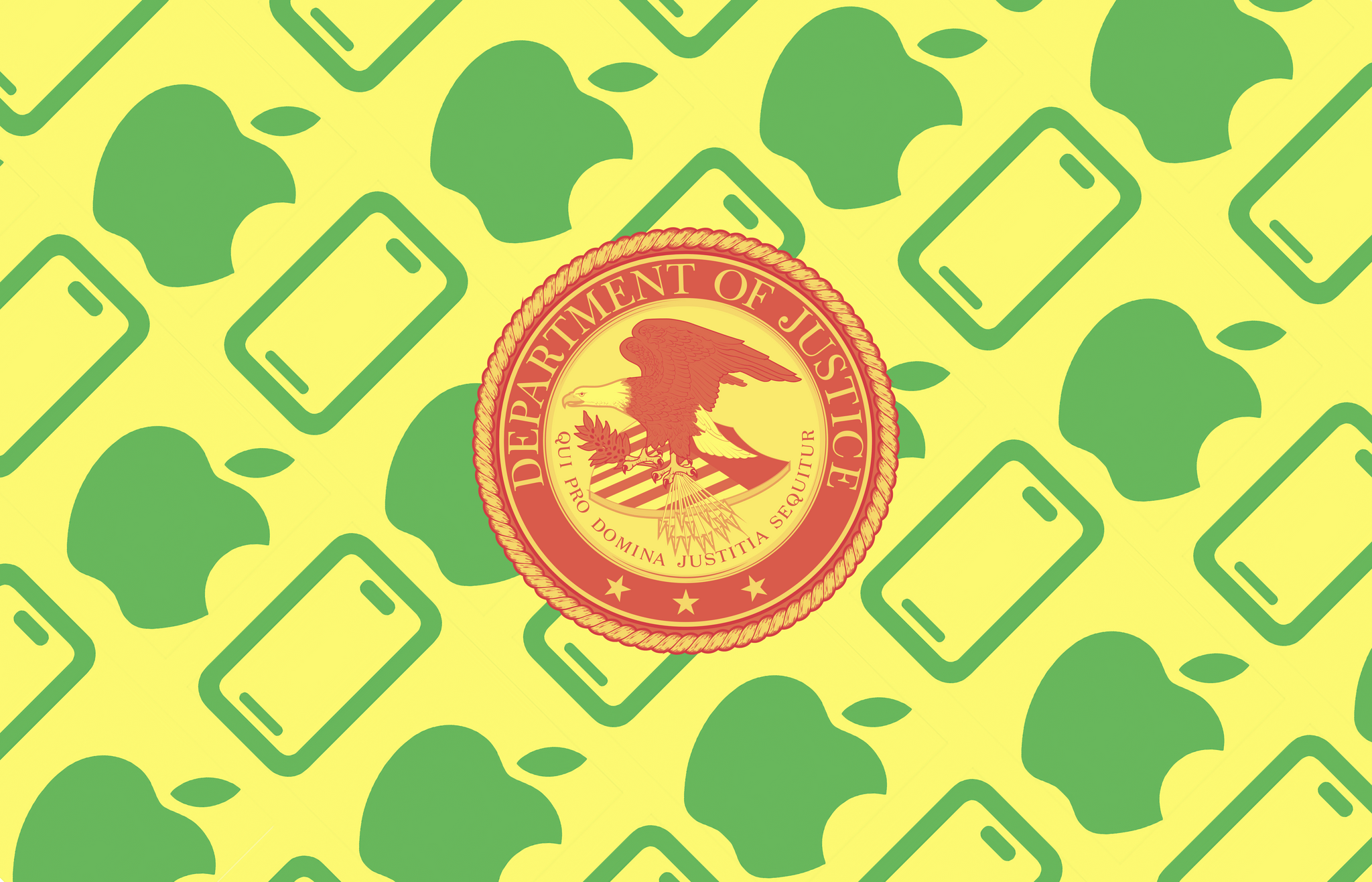It’s been just shy of one year since the U.S. Department of Justice and 15 states sued Apple for antitrust violations. It’s not clear what will become of that lawsuit given the change of administrations, but as it stands today, it’s still an active case.
One of the things that is hard about a case like the one filed against Apple is cutting through the legal arguments and economic jargon to understand the real-world issues underlying it. Earlier this week Eric Migicovsky one of the Pebble smartwatch founders who resuscitated the device this week, wrote an excellent post on his blog that explains the real world issues facing third-party smartwatch makers like Pebble.
It’s impossible for a 3rd party smartwatch to send text messages, or perform actions on notifications (like dismissing, muting, replying)….
It’s worth reading the post in its entirety for the other things third-party smartwatch makers can’t do on iOS, and as Migicovsky explains, things have gotten worse with time, not better. Since the Pebble’s time, the complaint against Apple adds that:
- You must set notifications to display full content previews on your lockscreen for them to also be sent to a 3rd party watch (new restriction added in iOS 13).
- Apple closed off the ability of smartwatches after Pebble to negotiate with carriers to provide messaging services, and now requires users to turn off iMessage (disabling iOS’s core messaging platform) if they want to take advantage of such contracts between a third-party smartwatch maker and cellular carriers.
The Apple Watch is great. There isn’t another smartwatch that I’ve even been tempted to try in recent years, but is that because no one has been able to make a good alternative or hasn’t because the disadvantages third-party wearables face are too great?
I’d like to see Apple focus on finding ways to better integrate other devices with the iPhone. There are undoubtedly security and privacy issues that need to be carefully considered, but figuring those things out should be a priority because choice and competition are better for Apple’s customers in the long run.


